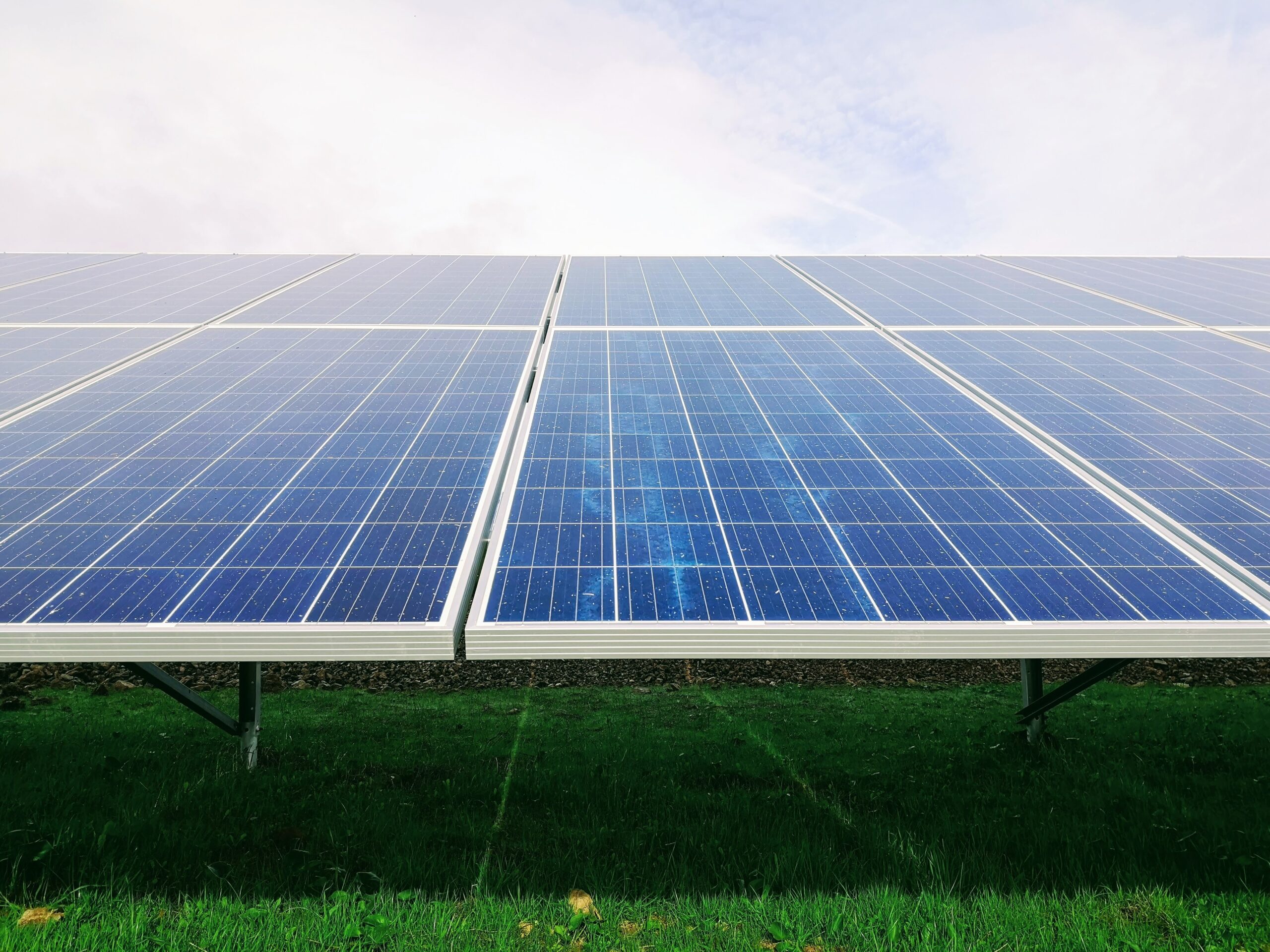
Climate change remains one of the most pressing issues of our time, and there's no shortage of data about the environmental benefits of adopting cleaner technologies. Among these, solar power stands out as one of the most discussed solutions. For decades, solar panels have been providing households with a sustainable way to reduce their carbon footprint while cutting energy costs. It’s a win-win situation that continues to gain traction globally.
But how exactly do solar panels work? At its core, solar panels harness sunlight, converting it into usable electricity through photovoltaic cells. This electricity can power everything from your home appliances to your water heater, and any surplus energy generated during the day can be stored in batteries for later use—perfect for cloudy days or nighttime hours. It’s a simple yet effective system that’s revolutionizing the way we think about energy consumption.
In 2017 alone, renewable energy accounted for two-thirds of global electricity growth, with solar power leading the charge. Countries like the United States, China, and the UK are at the forefront of this transition, rapidly expanding their solar infrastructure. As the technology becomes more accessible, more people are asking: Are solar panels truly beneficial for the environment? The answer is a resounding yes. Here are four compelling reasons why solar panels are a great choice for eco-conscious individuals.
Decreases Reliance on Fossil Fuels
By installing solar panels, homeowners can significantly reduce their dependence on traditional energy sources, such as coal and natural gas. Even if you don't have a battery storage system, generating solar power during the day means less reliance on the national grid, which ultimately lowers overall demand for non-renewable energy. This shift contributes to a cleaner, greener future for everyone.
Minimizes Carbon Emissions
Unlike fossil fuel-based power plants, solar power systems produce virtually zero emissions during operation. Once installed, solar panels generate clean electricity without releasing harmful greenhouse gases. Over time, this reduction in carbon dioxide emissions can have a substantial impact on mitigating climate change, making solar panels a powerful tool in the fight against pollution.
Infinite Energy Supply
One of the most attractive features of solar power is its sustainability. Unlike finite resources like oil and coal, the sun provides an inexhaustible supply of energy. This means no need for risky extraction methods or conflicts over dwindling reserves. By harnessing solar energy, we ensure a steady, renewable resource for generations to come.
Low Maintenance, High Efficiency
Solar panels are designed to last for decades with minimal upkeep. Most systems require little more than occasional cleaning to maintain peak performance. In contrast, conventional energy systems often demand frequent maintenance, replacement parts, and ongoing operational expenses—all of which contribute to environmental strain. Solar panels, on the other hand, offer a reliable, long-term solution that requires almost no intervention.
Are Solar Panels Truly Environmentally Friendly?
Of course, like any technology, solar panels aren’t perfect. Manufacturing processes involve certain environmental costs, particularly related to sourcing materials like silver and indium. However, these challenges are outweighed by the long-term benefits of solar energy. As adoption rates increase, so too will innovation and efficiency, driving advancements in recycling and sustainable practices.
Moreover, solar panels can be integrated into existing structures without causing significant disruption to local ecosystems. Rooftop installations, for instance, utilize pre-existing spaces, leaving natural habitats untouched. Ground-mounted systems can also be implemented in a way that minimizes environmental impact, especially when paired with reforestation efforts or wildlife conservation initiatives.
Even in cases where large-scale solar farms disrupt landscapes, the environmental trade-offs are far outweighed by the long-term benefits of clean energy production. For homeowners, the impact is negligible; for utility-scale projects, careful planning and responsible execution can ensure minimal ecological harm.
As solar power becomes more widespread, it also has the potential to power the very industries responsible for its production. Imagine mining operations and construction sites running entirely on solar-generated electricity! This circular approach not only addresses immediate concerns but sets the stage for a more sustainable future.
Ultimately, solar panels are undeniably good for the planet. Whether you're looking to lower your energy bills, reduce your carbon footprint, or simply support a cleaner energy mix, solar power offers countless advantages. To learn more about integrating solar solutions into your life and discovering new ways to live sustainably, explore what Project Solar has to offer.
design plastic products,Automobile Plastic Injection,injection molding automotive parts,automotive oem plastic parts
Binsen Hardware and Plastic Co.Ltd , https://www.binsenmolds.com